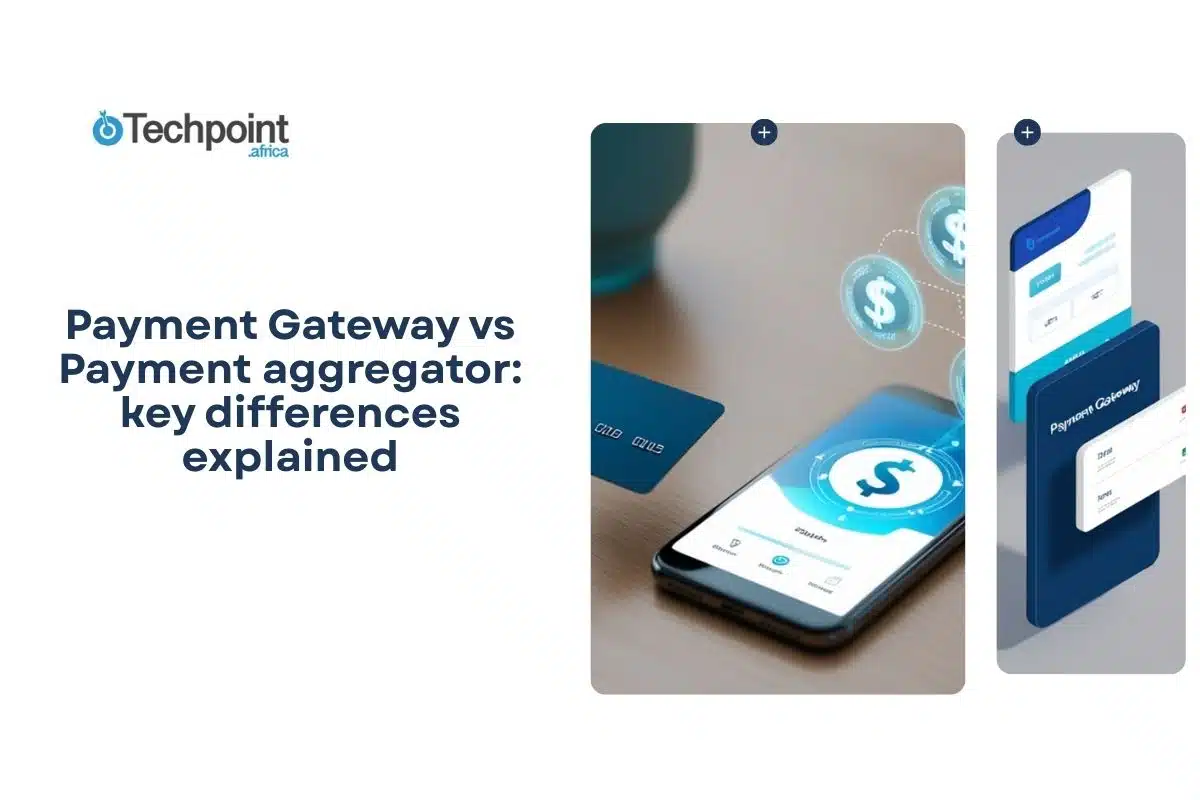The news
- SARB extends access to the National Payment System to non-bank fintechs under its modernisation strategy.
- Entry requires robust governance, capital adequacy, client fund segregation, and AML/IT compliance.
- SARB employs a proportionality framework to manage risks without stifling fintechs.
- Reforms are part of Vision 2025’s push toward a modern, inclusive, efficient NPS.
South Africa’s financial ecosystem is entering a new era. The South African Reserve Bank (SARB) has announced a path for non-bank fintechs to access the National Payment System (NPS), a move long reserved for traditional banks under its Payments Ecosystem Modernisation (PEM) framework.
At the same time, the Reserve Bank has laid out stringent safeguards to ensure system integrity, consumer protection, and regulatory compliance.
The NPS, a critical backbone of the country’s financial infrastructure, governs everything from clearing and settlement to value exchange between payers and beneficiaries.
Previously, participation was restricted to established banks. Now, SARB is enabling fintechs, including mobile and wallet-based players, to enter, aligning with its Vision 2025 modernisation agenda.
Recognising the novel risks posed by fintechs, SARB has built entry requirements around proportionality, meaning regulatory demands match the fintechs’ risk profiles without mirroring banks’ burden.
Meanwhile, the more detailed Draft Directive, issued in early 2025, specifies governance, capital, risk, and data protections fintechs must uphold. Key personnel must meet certain criteria; client funds must be segregated; informed consent protocols must be clear; and strong AML, cybersecurity, and reporting mechanisms are mandatory.
The directive is part of interim legislation paving the way toward full National Payment System Act reforms. It was published alongside a Draft Exemption Notice under the Banks Act, clarifying which payment activities (like e-wallet issuance, faster payments, third-party services, and clearing/settlement) are permitted without treating fintechs as banks.
SARB’s proportionality principle is designed to foster innovation without compromising security. Fintechs can now offer services, especially to underserved and unbanked communities, while being held to strong standards that protect both the public and the integrity of the payments infrastructure.











